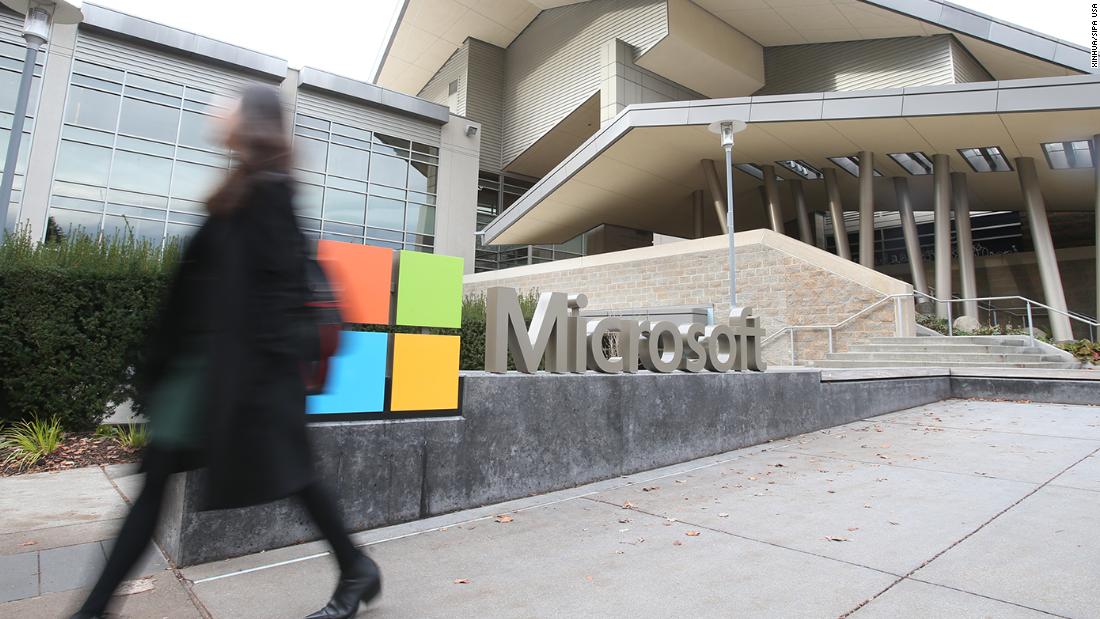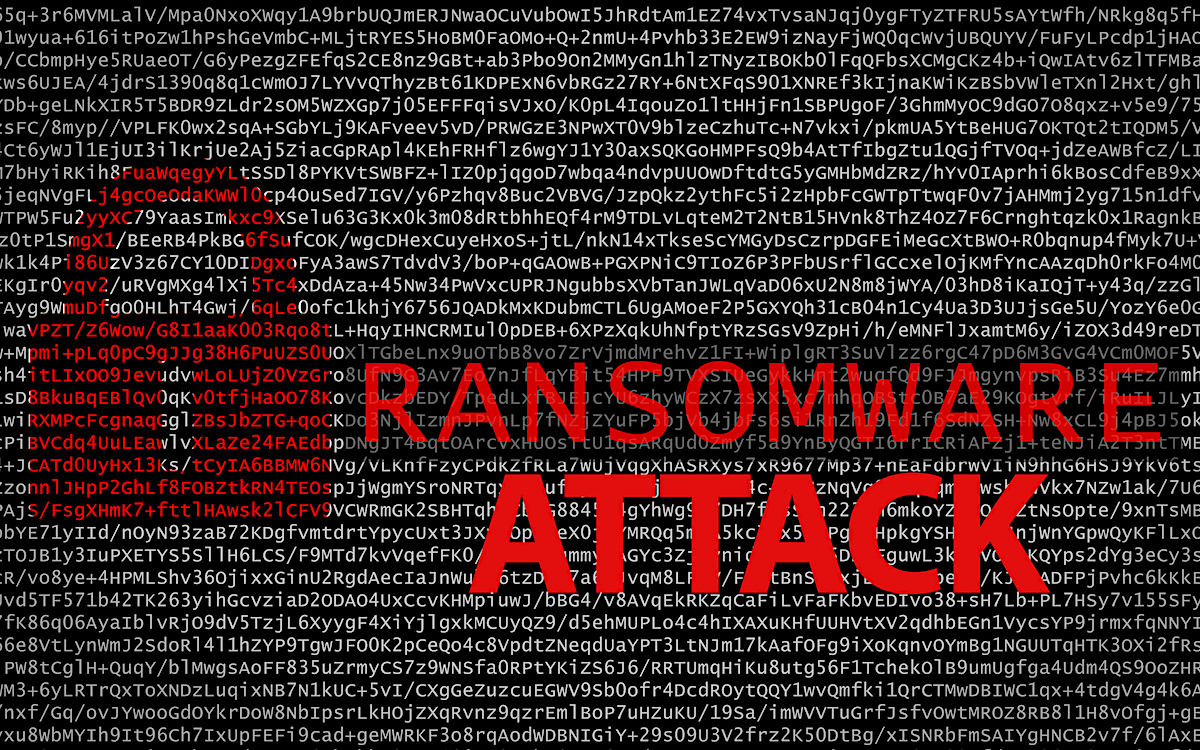Researchers have found a new credit card skimmer that is capable of affecting multiple e-commerce hosting platforms such as Shopify, Zencart, Woocommerce, and BigCommerce.
Researchers reported a new strand of malware, purportedly by the MuddyWater APT group, that downloads a PowerShell script from GitHub, Imgur to targeted systems.
The disclosure highlights the broad reach of the attackers, whom investigators have described as extremely sophisticated and well-resourced. And it suggests that corporate espionage may have been as much a motive as a hunt for government secrets.
One of the biggest brands in the music and events business, Ticketmaster, has agreed to pay a $10 million fine for “computer intrusion and fraud offenses” after employees used stolen credentials to spy on a competitor.
With the Flash Player officially reaching the end of life tomorrow, Adobe has started to display alerts on Windows computers recommending that users uninstall Flash Player.
The City of Cornelia’s data system is offline following a ransomware attack the day after Christmas. City Manager Donald Anderson confirmed the attack in a press release to local media on Tuesday.
Sberbank, a major money lender in the Russian Federation, has released a report that claims that the loss incurred by Russian companies because of cyberattacks in 2020 was about $49 billion.
This breach occurred when GetSchooled, a charity founded by the Bill & Melinda Gates Foundation in collaboration with Viacom, left a database open to anyone with a browser and internet connection.
The archive was leaked on November 27-28. It appears to have been posted on the hacker forum after Door Controls USA seemingly refused to pay ransom to attackers who breached the company’s network.
The Virginia senator, Mark Warner, said gaps in U.S, and international law are making it difficult for the government to prevent large-scale hacks and called for tighter controls to be enacted.









